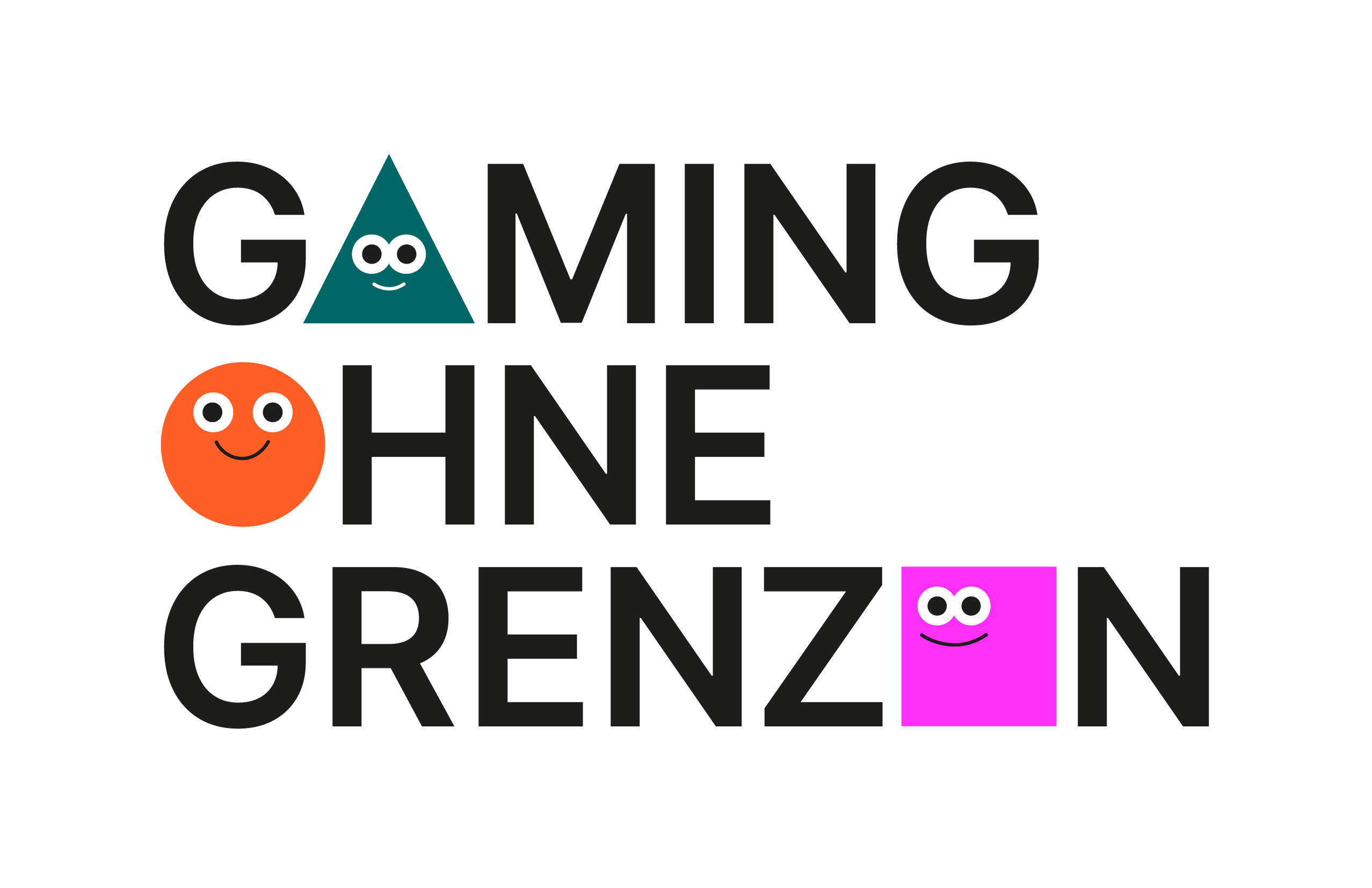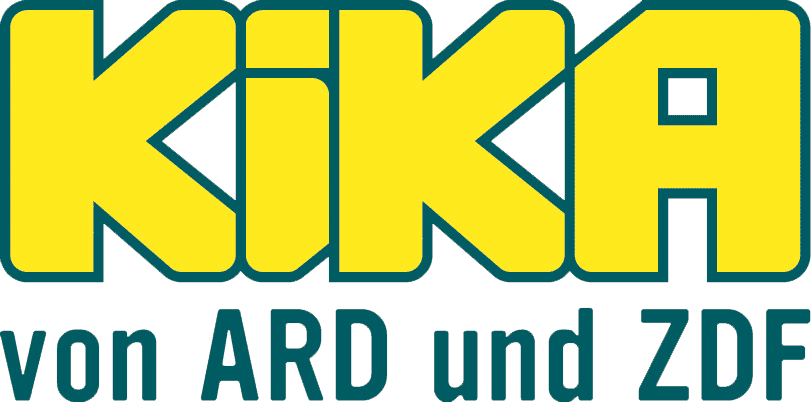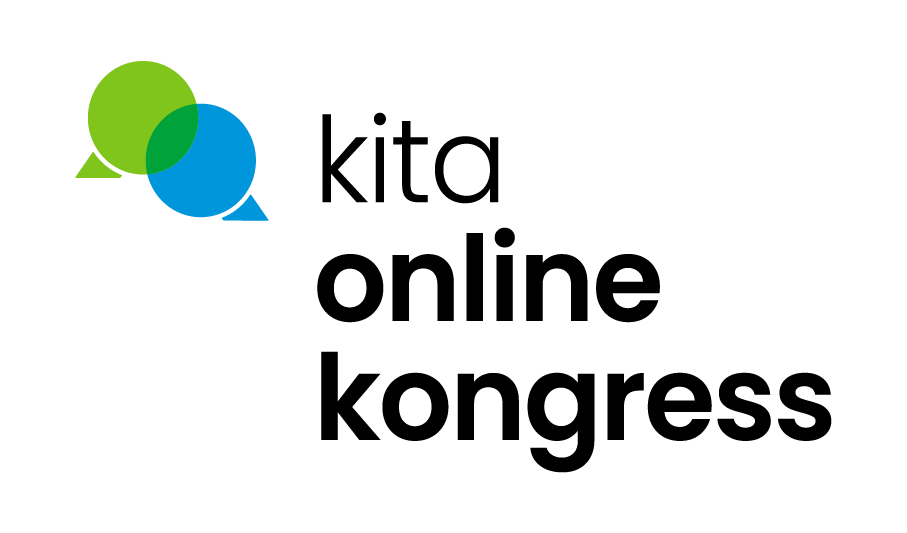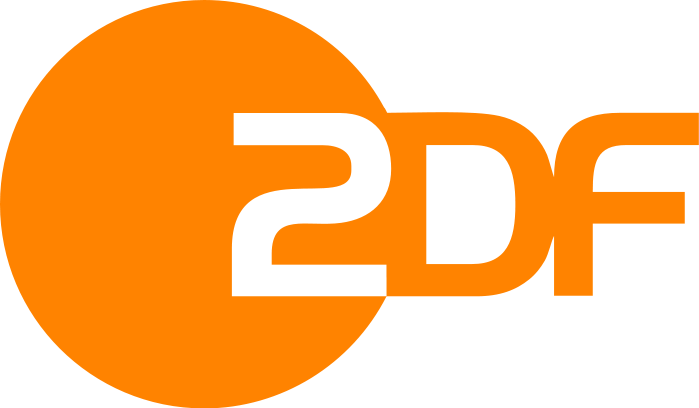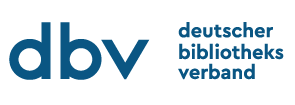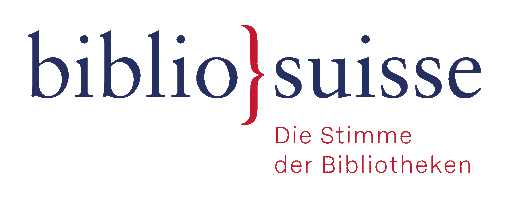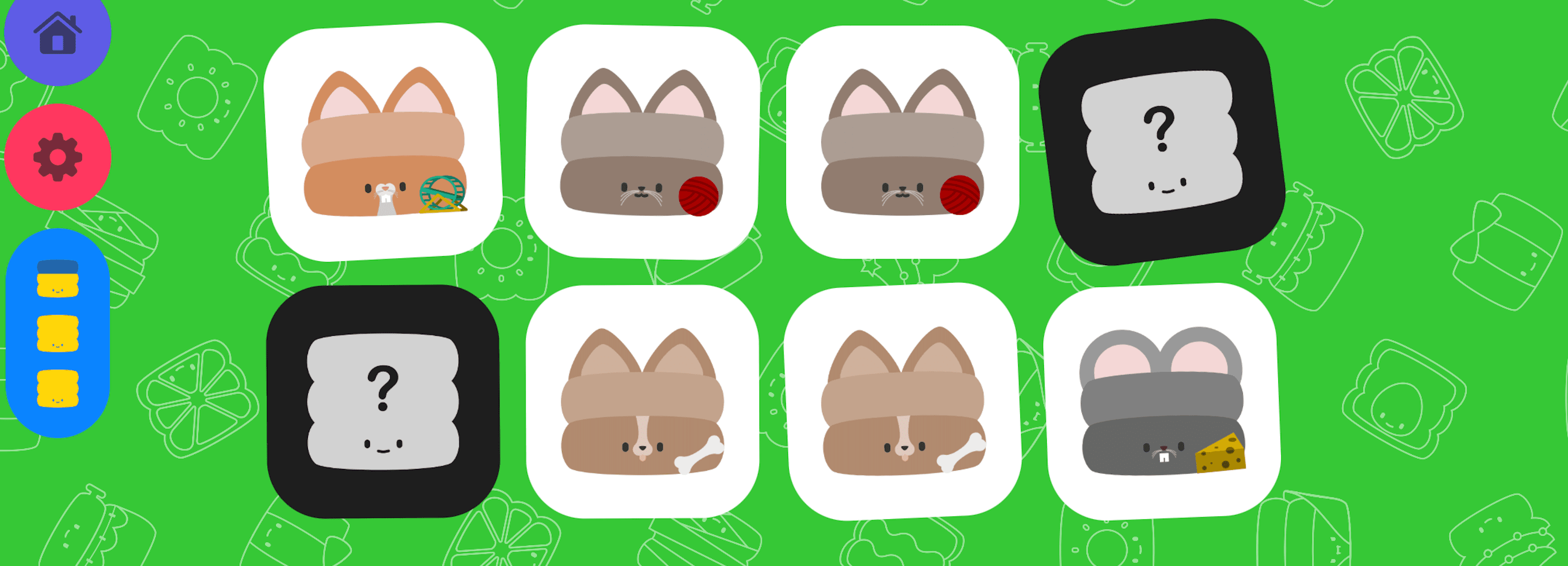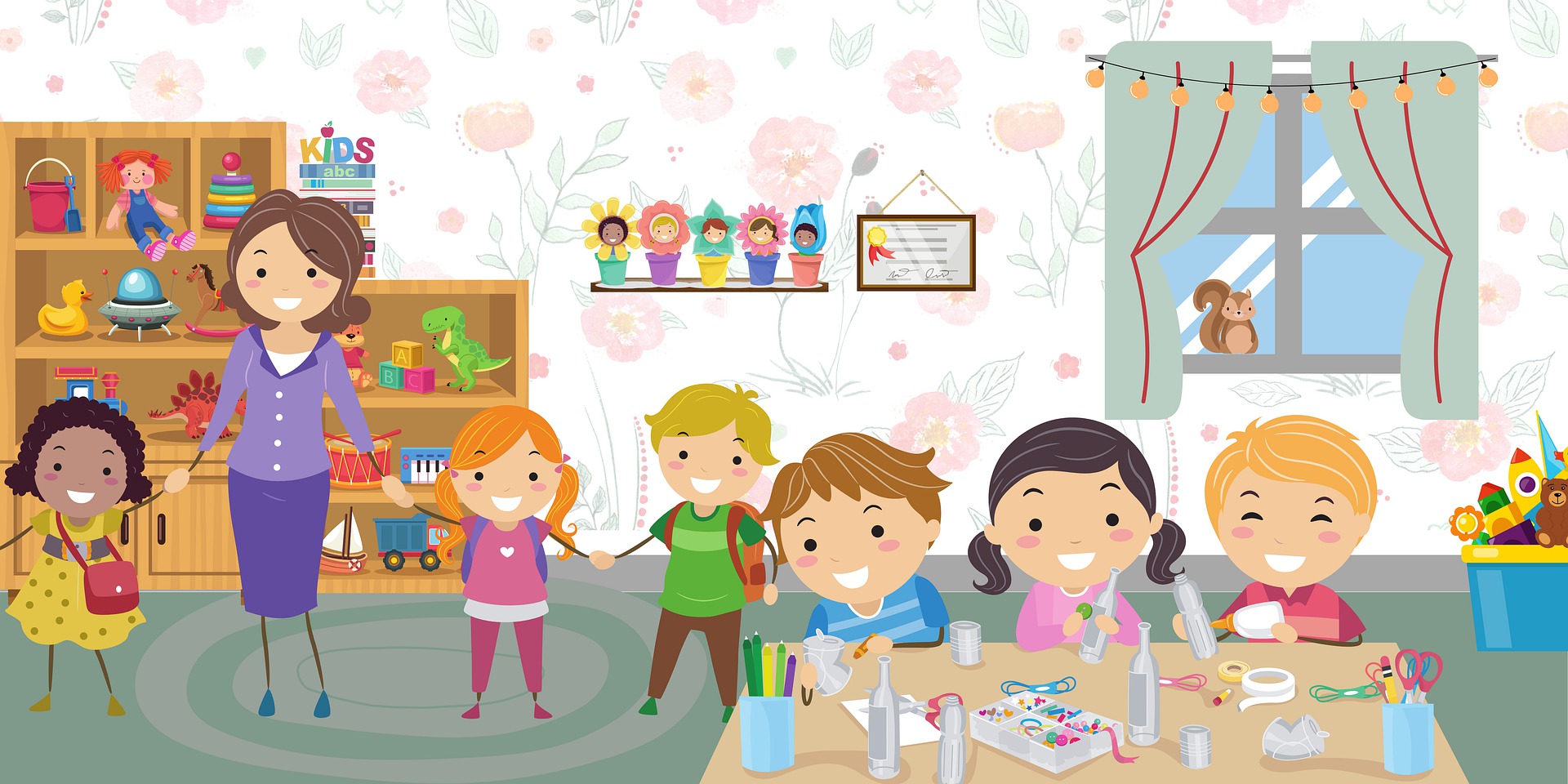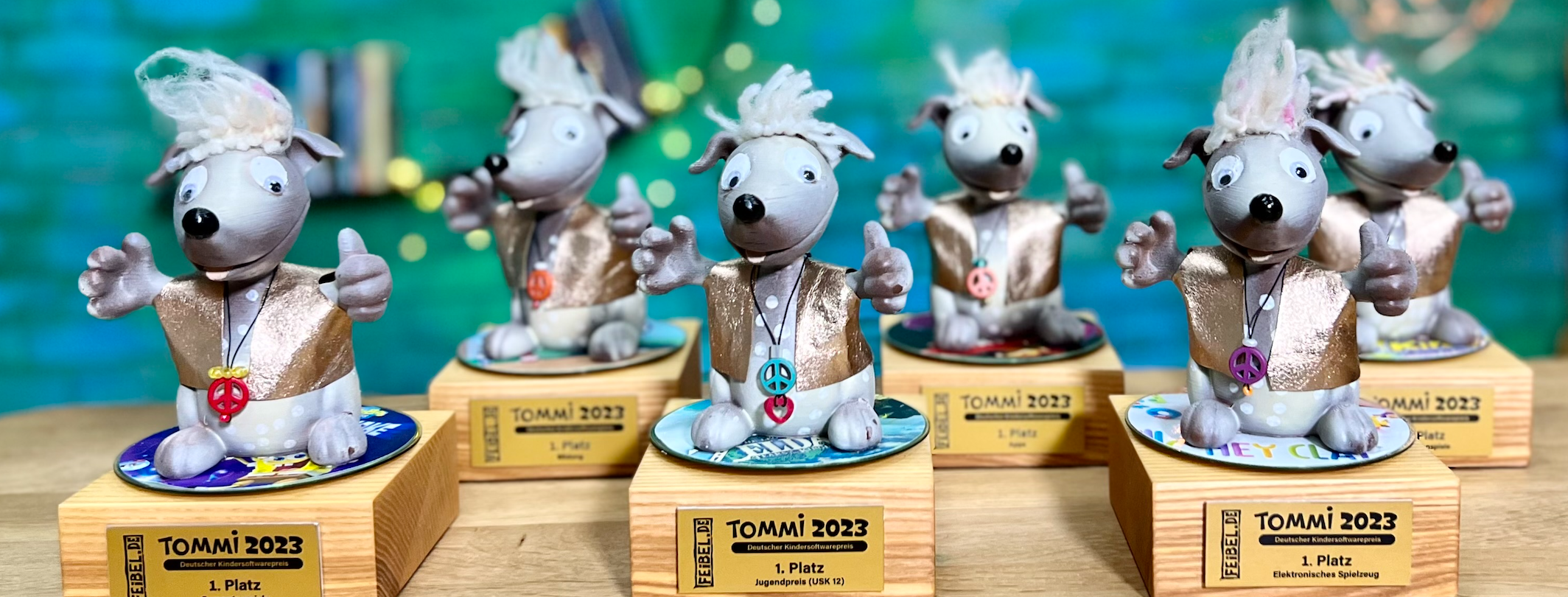Children's Software Award 2024
TOMMI History
The history of the German children's software award TOMMIHow did the TOMMI Children's Software Award come about?
The idea for the German Children's Software Award TOMMI came about in 2002 and can be traced back to the media expert, journalist and author of books for children and young people Thomas Feibel and his Office for Children's Media. The TOMMI wanted to put a positive spin on the topic of computers and children, since at the time the medium only made it into the media with negative headlines ("killer game" debate).
The TOMMI is the most important award for digital products for children and young people in the German-speaking world. Since 2002, high-quality digital games and educational offerings for children have been awarded annually in various categories.
The TOMMI initially started with PC games only. Later, console games, electronic toys, and digital educational offerings were added. Since 2008, TOMMI has been held in public libraries. There, the project is accompanied by media education specialists. Since then, many more children have been reached to actively participate in the award.
How does the TOMMI project work?
After an expert jury of journalists, scientists, and educators have nominated the entries, children and young people in over 50 public libraries in Germany, Austria, and Switzerland will have their say. The TOMMI focuses on the active involvement and participation of children between the ages of eight and 16. Between 3,000 and 4,000 girls and boys take part every year.
Our credo: Children have the last word at TOMMI.
Where will the award ceremony take place?
For many years, the award was presented live at the Frankfurt Book Fair.
Since 2020, the award ceremony has taken place on KiKA in the "Team Timster" program. Media partners include KiKA, ZDF, Deutschlandfunk Kultur and Dein SPIEGEL. The award is under the patronage of Lisa Paus, the Federal Minister for Family Affairs.
What are the goals of TOMMI?
TOMMI is only superficially about games; in reality, TOMMI promotes prevention and a wide range of relevant skills:
- Prevention: The TOMMI is a preventive media literacy project that shows children, among other things, how they should resist the temptations of free-to-play in-app purchases or react to contact from strangers in games.
- Media literacy and media criticism: The TOMMI aims to teach children and school classes how to deal critically with computer, educational and console games as well as apps, thus promoting children's media literacy.
- Reading and writing skills: Children not only deal with the Games & Co, but also formulate and write down their findings.
- Understanding democracy: The digital offerings that a jury child prefers do not always win. In the end, the result of an extensive vote is accepted.
- Orientation: Above all, the TOMMI offers parents and educational professionals orientation on the gaming market.
- Inclusion: The TOMMI is gradually implementing the award as an inclusion offering in libraries. Children with and without impairments jointly test the nominated games for accessibility.
- Implementation of children's rights: TOMMI implements the children's rights of the United Nations in various categories: The right to participation, the right to play and education, free access to media, protection of privacy and from addictive substances.




